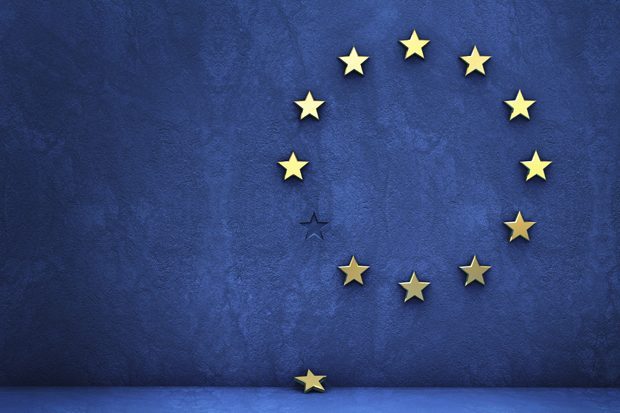The lesson from the UK-EU split should not be one of smugness, but that regional cooperation only exists thanks to citizens’ permission.
For decades the Association of Southeast Asian Nations (ASEAN) was judged as a pale imitator of the European Union.
ASEAN was weaker, enjoyed less support from its members, achieved less substantively and, at the most polemic, was nothing more than a captive of the inter-state power competition between its member states, while the EU was a decisive step away from such regressive practices.
Recently this judgement has been overturned.
The EU now faces a daunting list of challenges – the ongoing debt crisis in Greece, the increasing criticism by right wing political groups of fundamental EU agreements on freedom of movement within the Union, the refugee crisis and the growth of secessionist movements in member states – the UK and Spain Being just two of the biggest examples. Of course, the EU now faces its biggest and most existential challenge yet, the maelstrom of politics and division launched with the UK Referendum that has resulted in ‘Brexit”.
ASEAN, meanwhile, has largely avoided such a scale of threats. It’s regional community building project continues, albeit fitfully, and while there is perennial criticism of ASEAN’s ability to address many of the tasks delegated to it, there is not the widespread opposition to Jakarta as there now is to Brussels. The ongoing tensions over ASEAN unity when addressing the South China Sea issue may be intellectually and politically interesting, but they are not the source of widespread public criticism.
It would be a mistake, however, to say that Brexit does not serve as a warning to ASEAN.
The current situation in the UK reminds me of the social emergencies that surrounded the 1997 Asian Financial Crisis and the widespread rejection from the people of ASEAN of the regional project to that moment, the belief that the regional organisation had lost touch with the needs of the people and was actually, through its practices, hurting them further.
From this perspective the parallels between 1997 and Brexit are clear – domestic political constituencies that formerly were happy to permit the ongoing development of regional affairs suddenly withdrew their support for that project and demanded radical change; resulting in Brexit in the EU case and the ultimately quite radical reorganisation of ASEAN in the Southeast Asian case.
ASEAN and the EU are very different beasts (as former ASEAN Secretary General Surin Pitsuwan notes, the EU is ASEAN’s inspiration but certainly not its model), but both ignore at their peril the need to constantly demonstrate their real world and practical benefit to the poorest and most marginalised who live within them.
The lesson ASEAN should draw from ‘Brexit’ is not then a smug ‘well that will never happen here’ – instead it has to be a realisation that regional cooperation is predicated on domestic permission for those activities to take place. That permission is not generated by abstract arguments about integration, but by the immediate lived experiences, livelihoods and yes emotions of citizens. Without this demonstration, any regional project has dangerously weak foundations.
Here I think ASEAN is very exposed, a product of its particular approach to regional affairs. ASEAN has recently been increasing its commitments to the improvement of ‘people-centric’ activities (including but not limited to human rights promotion, environmental protection, climate change and disaster management), in the belief that ASEAN must be seen to be doing something.
All very good, until you remember that ASEAN is still woefully weak when it comes to living up to those commitments – there is a huge gap between what ASEAN says it is doing and what it is actually doing or perceived to be doing. Making commitments and failing to achieve them and ignoring that failure may be the ASEAN way, but it is a dangerous path to protecting your broader legitimacy in societies where there are so many in need of assistance.
Brexit then is a warning against complacency – against the belief that just because elites feel things are going well that there are no problems. Yes ASEAN and the EU are different, in form, in function, in intention and even in the challenges they face. Both, however, are predicated on the ongoing legitimacy of their activities in the eyes of the people themselves.
In the UK this legitimacy has been overturned and resulted in an unprecedented crisis for both London and Brussels. ASEAN leaders must be mindful to not make the same mistakes.
Dr Mathew Davies is head of the Department of International Relations in the ANU Coral Bell School of Asia Pacific Affairs.
This article is a collaboration between New Mandala and Policy Forum – Asia and the Pacific’s leading platform for policy analysis and debate.
 Facebook
Facebook  Twitter
Twitter  Soundcloud
Soundcloud  Youtube
Youtube  Rss
Rss 